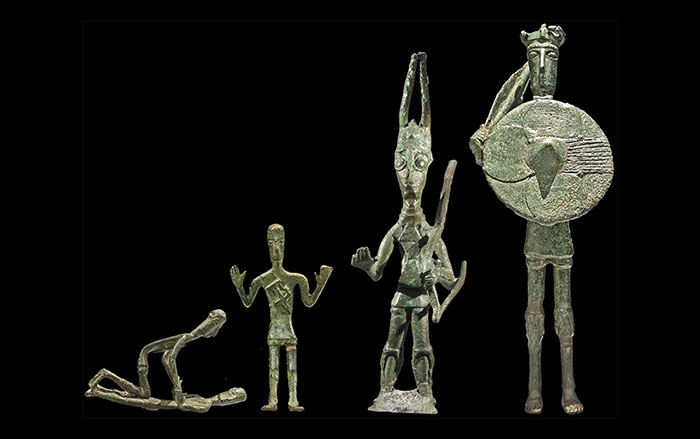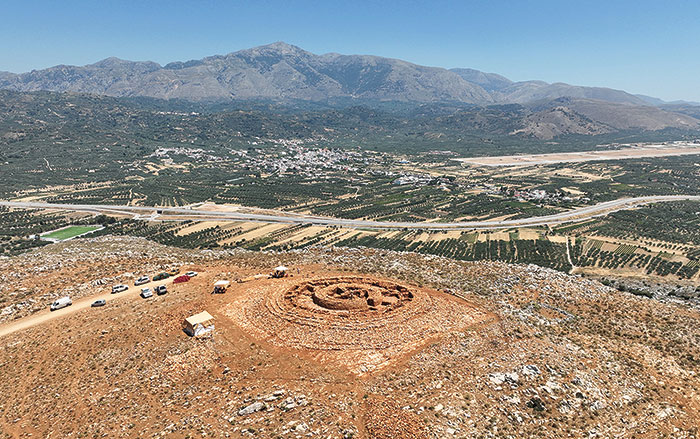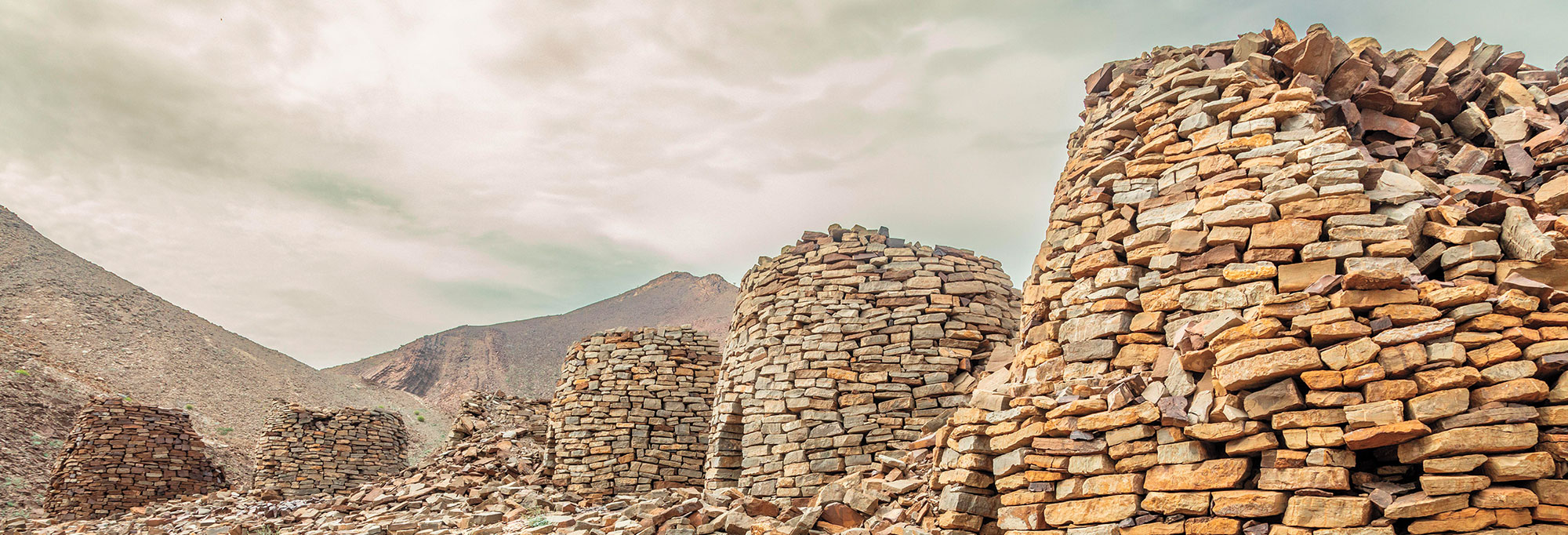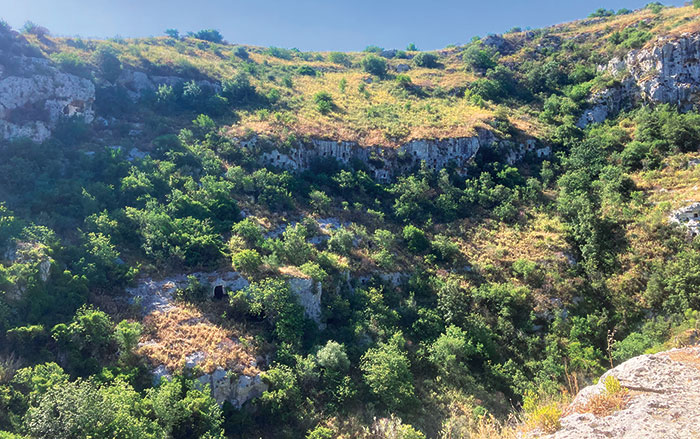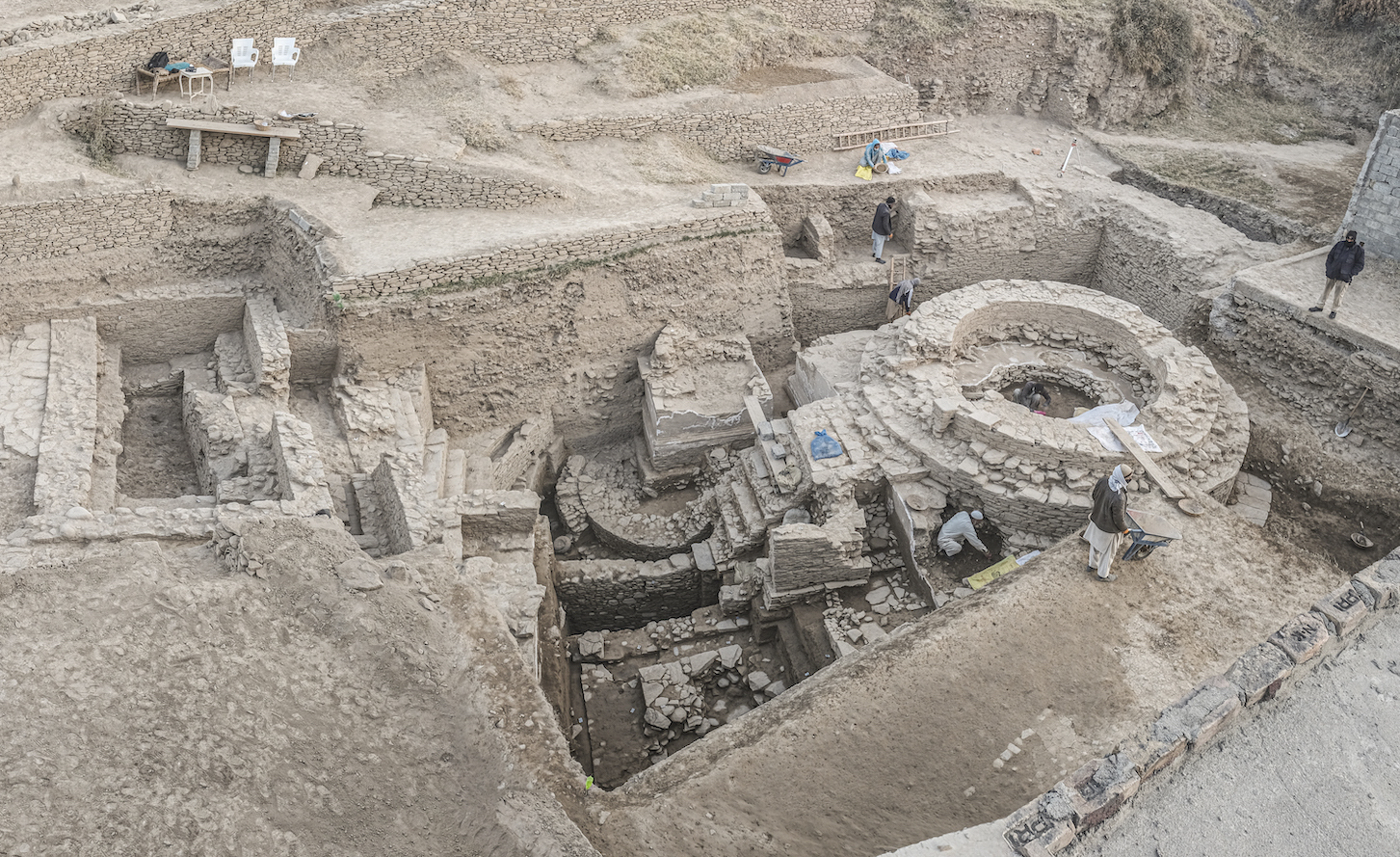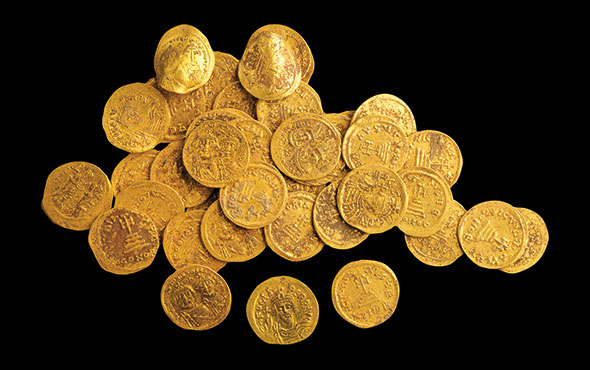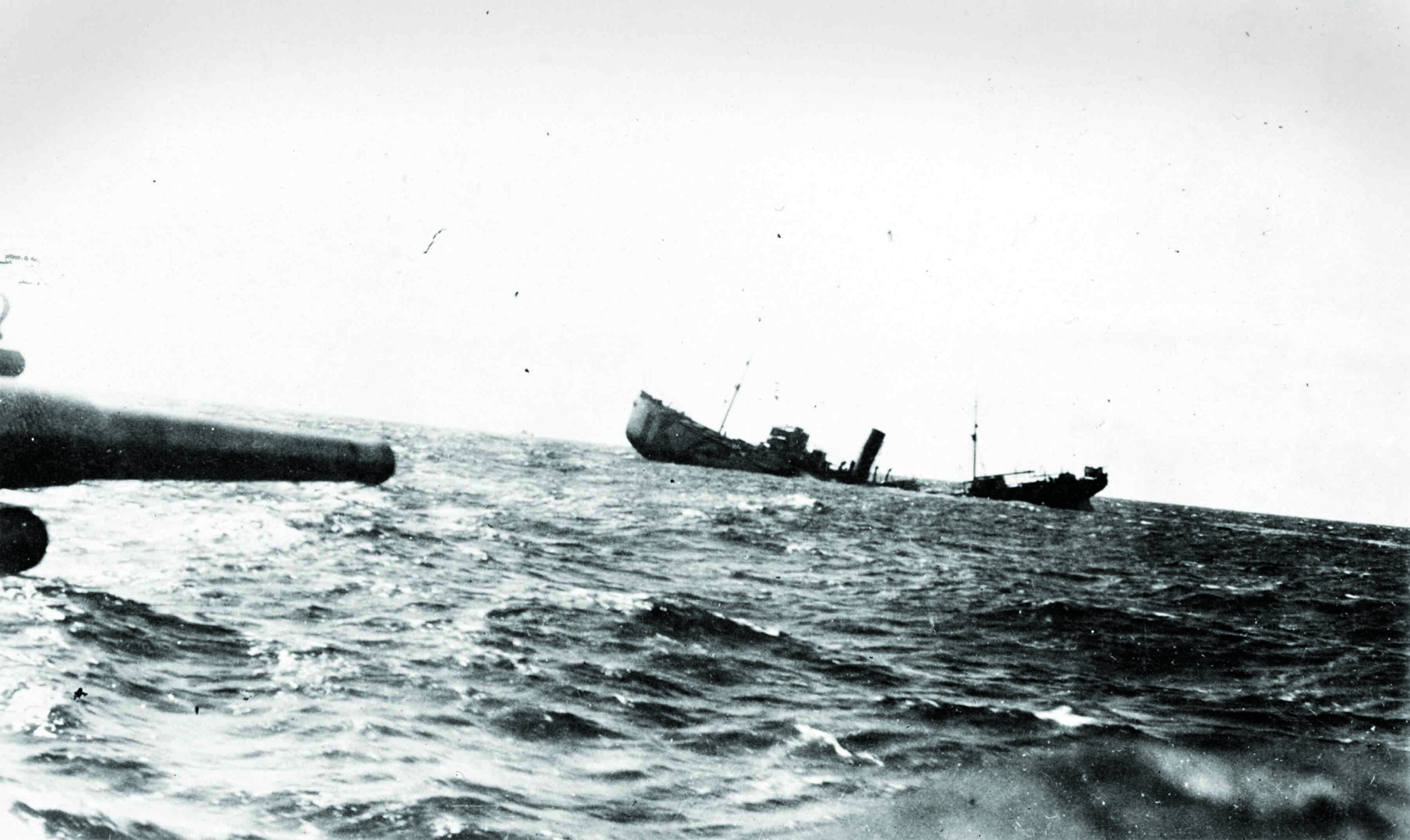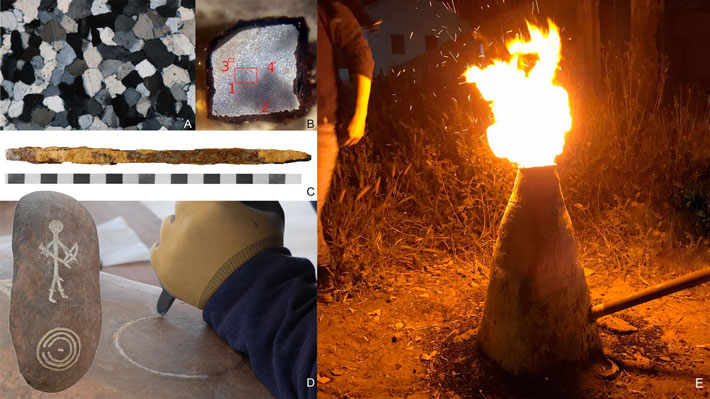
FREIBURG, GERMANY—According to a statement released by the University of Freiburg, archaeologist Ralph Araque Gonzalez and his colleagues suggest that steel tools were used by the peoples of the Iberian Peninsula to carve stone pillars some 2,900 years ago. Gonzalez and his colleagues first analyzed the composition of the rock used to make the pillars, and determined that it was made of silicate quartz sandstone, which is extremely hard. They then attempted to reproduce the ancient stone carvings, and found that it was impossible to do so with stone, bronze, and untempered iron tools. The researchers then analyzed the composition of a stonemason’s iron chisel unearthed in Rocha do Vigio, Portugal, which has been dated to 900 B.C., and determined that it contained enough carbon to be considered steel. It had been previously thought that steel was not widely used in Europe before the Roman era. To read about the Persians' creation of a strong steel as early as the eleventh century A.D., go to "Persian Steel."


